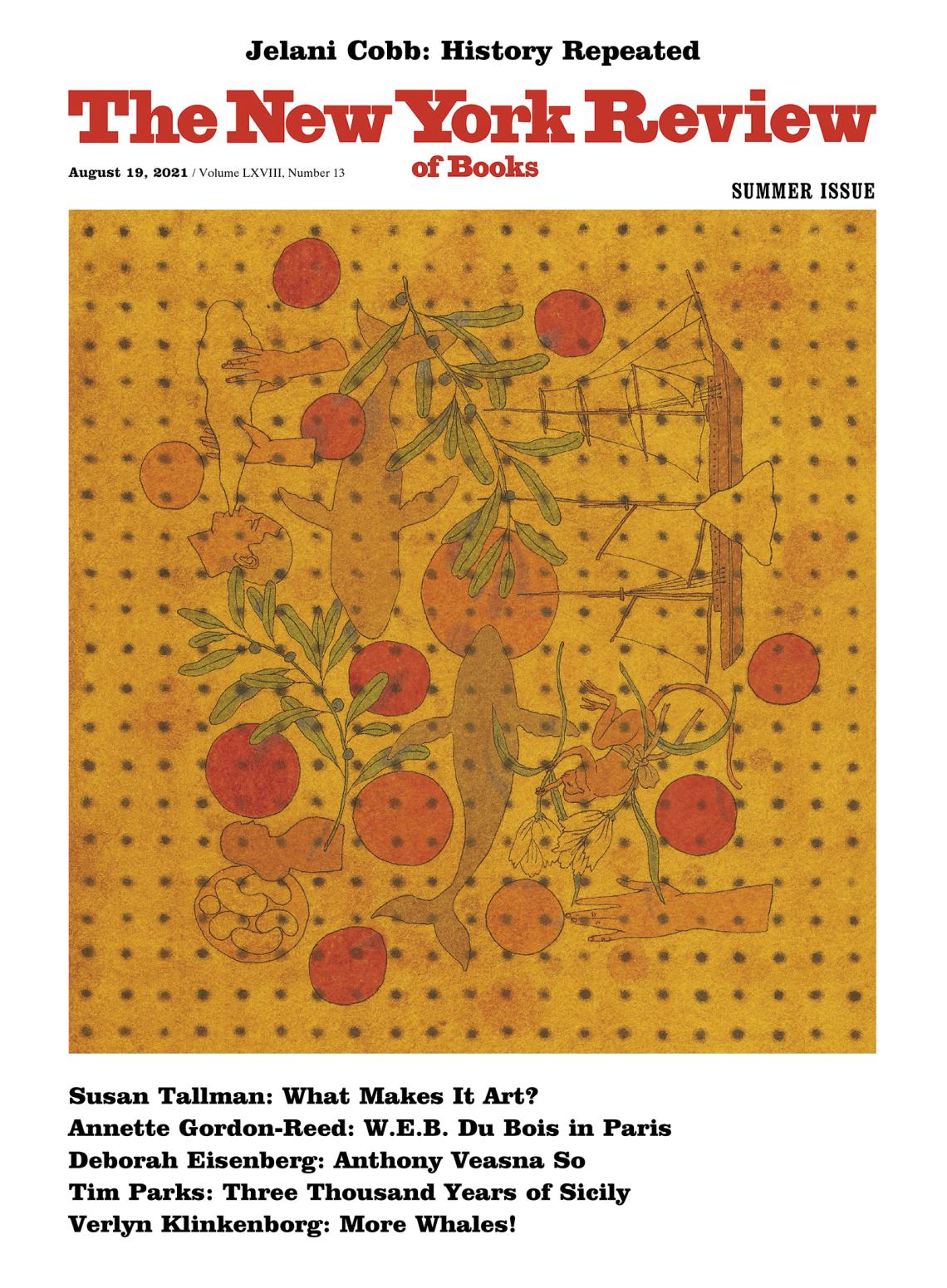In response to:
Imperial Delusions from the July 1, 2021 issue
To the Editors:
While I very much enjoyed reading Fara Dabhoiwala’s “Imperial Delusions” [NYR, July 1], I couldn’t help but raise an eyebrow at his description of Gandhi as “only a peasant” (in contrast to an All Souls’ don who purported to teach him history during his visit to Oxford in 1931). Gandhi held a law degree from University College London and practiced law for several years in British South Africa before returning to India. His family belonged to the Vaisya Varna, i.e., the “merchant caste” (cf. the Sudra Varna, or “peasant caste”). And while Gandhi certainly embraced a very simple livelihood and somewhat naively praised the simplicity and frugality of peasant life from the Twenties onward, he was no peasant himself, but a legally and politically astute leader of a resistance with a considerable academic and intellectual pedigree.
I believe an erratum would be apropos.
Antoine Panaïoti
Assistant Professor
Department of Philosophy
X University
Toronto, Ontario
Fara Dabhoiwala replies:
Several readers have pointed out that Mahatma Gandhi was a London-educated lawyer and complained that I referred to him as “a peasant.” That is a misreading of a passage in my essay. It described an occasion in 1931 when Gandhi, on a visit to Oxford in the midst of his campaign of mass Indian civil disobedience, was lectured by the university’s professor of colonial history on how only native cooperation, not defiance, could lead to eventual self-rule. As the text makes clear, it was Gandhi himself who wittily responded that though he was only a peasant, not a professor of history, that was not his understanding of how the Americans or the Irish had, in fact, won their independence from the British Empire.
This Issue
August 19, 2021
A Warning Ignored
The Burden of ‘Yes’
The Color Line


